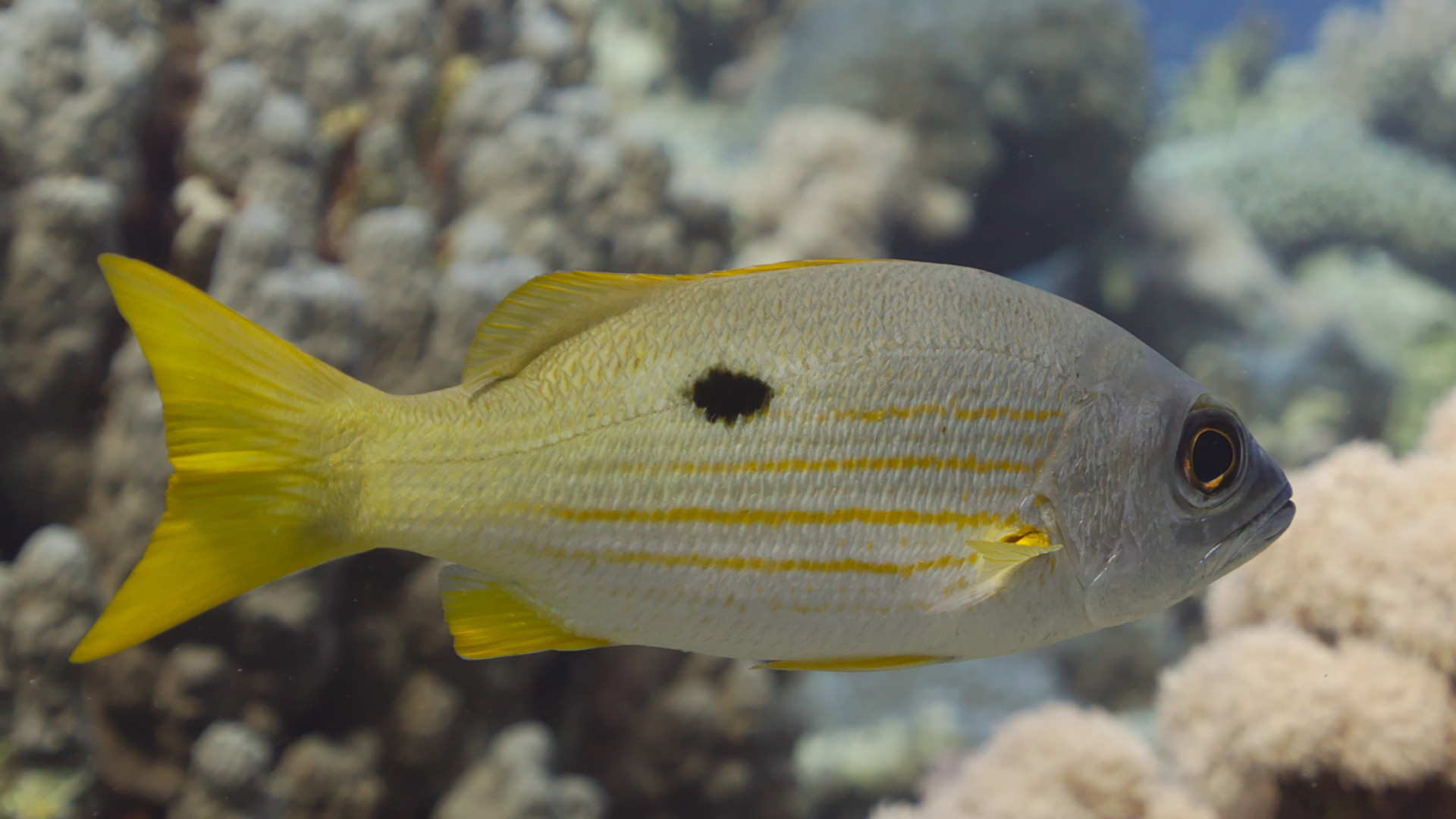Researchers at NYU Abu Dhabi’s Mubadala Arabian Centre for Climate and Environmental Sciences (Mubadala ACCESS) have uncovered how reef fish in the Arabian Gulf, the hottest sea on Earth, adapt to extreme temperature changes.
Their groundbreaking study reveals that while these fish exhibit higher temperature tolerance than those in stable coral reef environments, the region faces a significant challenge: reduced biodiversity.
Quick Summary
-
Discovery: Arabian Gulf reef fish show increased thermal tolerance.
-
Challenge: Biodiversity is lower compared to temperate regions like the Gulf of Oman.
-
Significance: Findings challenge existing theories about tropical fish adaptation to climate change.

Understanding the Arabian Gulf’s Unique Environment
The Arabian Gulf is the hottest sea in the world, characterized by extreme and highly variable thermal conditions. This makes it a critical location for studying how marine species adapt to climate change.
Researchers compared reef fish from this harsh environment with those from the more temperate Gulf of Oman to understand differences in thermal tolerance and biodiversity.
Impact
The study revealed that fish in the Arabian Gulf have slightly higher tolerance to temperature fluctuations due to years of exposure to extreme conditions. However, this adaptability comes at a cost—there are fewer fish species overall in the region.
This suggests that only certain species can physiologically adjust to rising global temperatures, highlighting a potential decline in biodiversity as climate change intensifies.
A key part of the research tested the “plastic floors and concrete ceilings” hypothesis, which theorizes that fish can adjust their physiological rates, such as metabolism and heart rate, to cope with warmer climates.
However, results showed no significant difference in metabolic rates between fish from the Arabian Gulf and those from the Gulf of Oman, challenging this hypothesis for tropical species experiencing thermal variability.

Expert Opinions
Daniel Ripley, a postdoctoral associate at Mubadala ACCESS, explained:
“The increased thermal tolerance observed in fish from the Arabian Gulf suggests an adaptive response to years of extreme temperatures. However, noticeably lower fish diversity indicates that only certain species can survive as global temperatures continue to warm.”
Professor John Burt, co-principal investigator at Mubadala ACCESS Centre, added:
“While some coral reef fish in the Arabian Gulf show slight adaptability to increasing temperatures, many do not. This suggests that as global temperatures rise, fish biodiversity is likely to decline in many ecosystems.”
-
Ripley: “The increased thermal tolerance observed in fish from the Arabian Gulf suggests an adaptive response to years of extreme temperatures.”
-
Burt: “Fish biodiversity is likely to decline as global temperatures rise.”
-
Comparison of metabolic rates showed no significant difference between regions.
-
Biodiversity statistics highlighted fewer species in the Arabian Gulf compared to the Gulf of Oman.
Why is biodiversity lower in the Arabian Gulf?
The extreme and variable temperatures limit species that can physiologically adapt to such conditions.
What does this mean for coral reefs globally?
Rising global temperatures may lead to reduced biodiversity across coral reef ecosystems worldwide.

Arabian Gulf Reef Fish Show Resilience to Extreme Temperatures, Study Reveals
Conclusion
The study on Arabian Gulf reef fish reveals that while some species show increased temperature tolerance, biodiversity remains lower due to extreme conditions. This challenges existing theories on thermal tolerance and highlights the urgent need for further research on climate change impacts.
As global temperatures rise, these findings emphasize the importance of preserving coral reef biodiversity and call for conservation strategies to protect these ecosystems. Understanding the resilience and limitations of reef fish in extreme environments is crucial for predicting and mitigating broader climate change impacts on marine life.
Overall, the study underscores the need for action to ensure the long-term health of our oceans.





